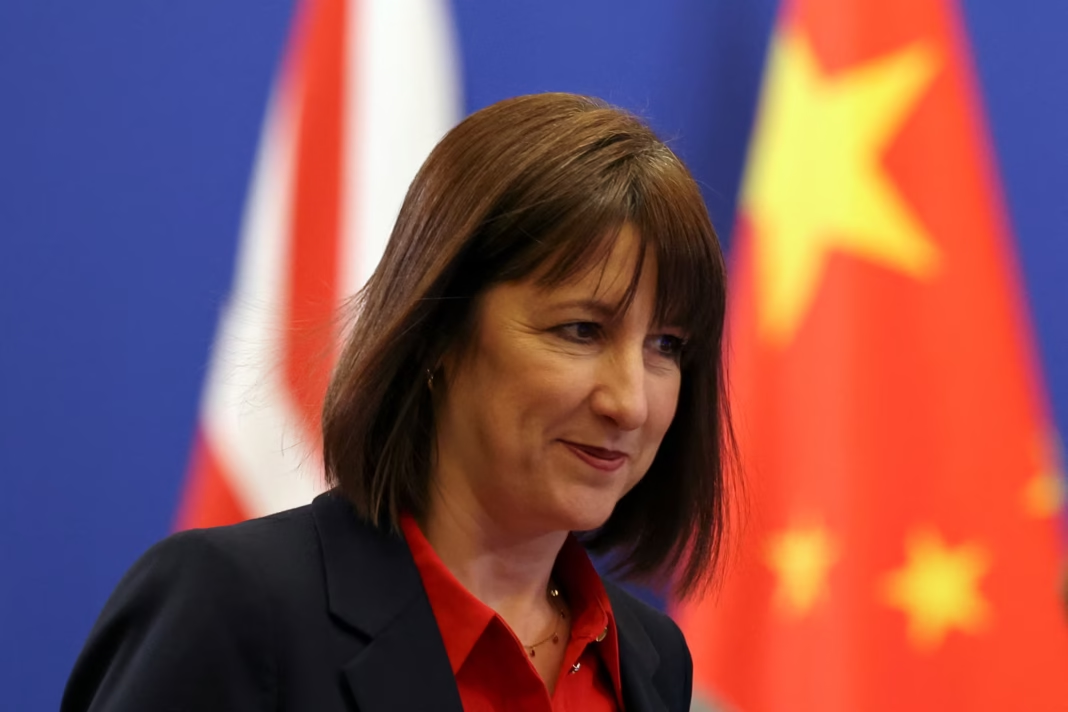The International Monetary Fund predicts strong UK growth this year. It expects the UK economy to outperform most major advanced nations. Consequently, the UK will rank second only to the United States. This positive outlook offers a boost for the new government. The IMF forecasts a 1.3 percent expansion for the UK in 2025. This performance indicates a resilient economy amid global tensions.
However, the IMF also delivered a significant cautionary note. The UK faces the highest inflation rate within the G7 group. Prices are expected to rise by 3.4 percent this year. Furthermore, inflation will remain elevated at 2.5 percent in 2026. The Fund attributes this largely to rising energy bills. It does expect inflation to eventually fall to the two percent target.
Chancellor Rachel Reeves responded to the mixed forecast cautiously. She acknowledged the upgrade in the growth prediction. Nonetheless, she stated that for many people the economy feels stuck. She pledged to address this pervasive feeling of stagnation. Reeves is currently attending IMF meetings in Washington D.C. She aims to promote the UK as a stable investment destination.
Furthermore, the growth figures require important contextual understanding. On a per-person basis, economic expansion looks much weaker. Output per head will grow only 0.4 percent this year. This places the UK at the very bottom of the G7 table. This discrepancy highlights ongoing productivity challenges. The economy is growing but not necessarily becoming more efficient per citizen.
Shadow Chancellor Sir Mel Stride focused on the negative aspects. He described the IMF’s inflation assessment as grim reading. Also, he argued UK households are being squeezed from all sides. He accused the government of allowing living costs to rise. The political debate therefore reflects the dual nature of the forecast.
Therefore, the IMF’s global report highlighted wider economic concerns. It warned about the impact of new US import tariffs. These measures are already affecting global investment decisions. The Fund’s chief economist cited Brexit-related uncertainty as a previous example. Such shifts in trade policy can dampen economic activity for years.
Moreover, the Bank of England Governor also spoke on inflation. He agreed that inflationary pressures are now easing. Recent data shows unemployment rising and wage growth slowing. The IMF advises the Bank to remain very cautious on interest rates. The overall picture is one of cautious optimism for strong UK growth. The nation’s economy is showing notable resilience. Yet it simultaneously grapples with persistent cost-of-living pressures. The path ahead involves balancing this strong UK growth with controlling inflation.
For more business updates, visit London Pulse News.


